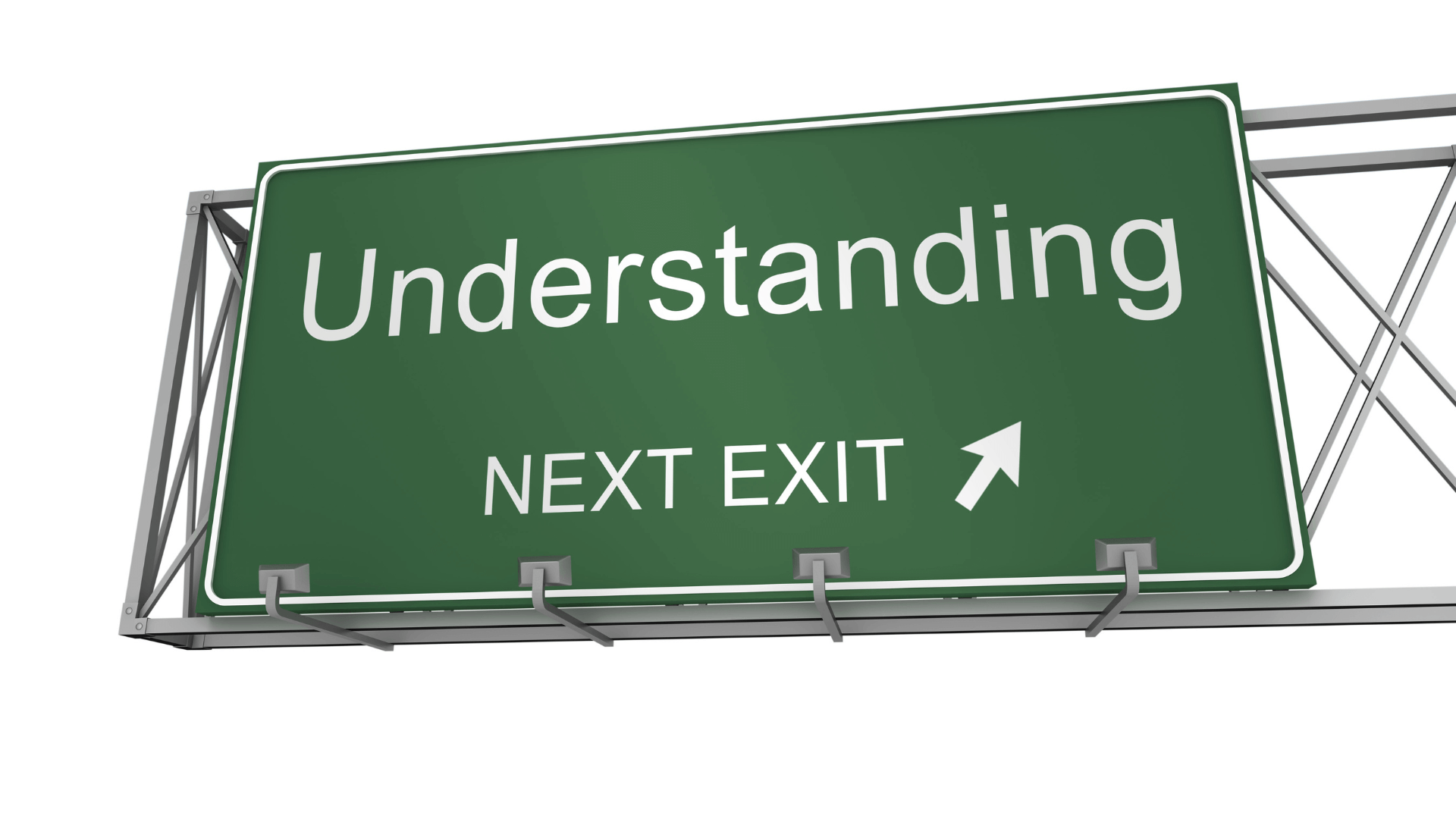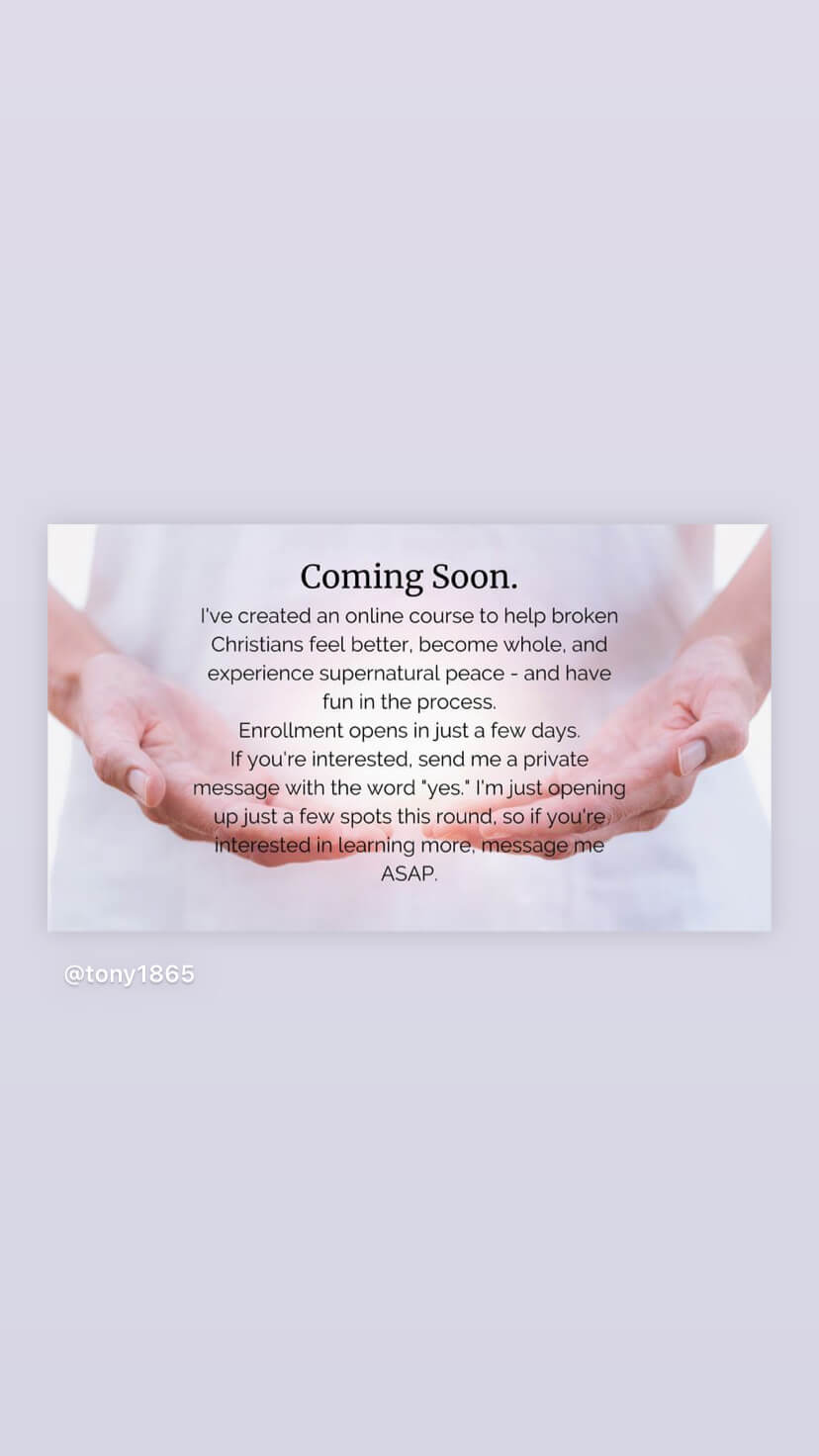Does Jesus lead or follow?
Imagine you’re on a journey, a long winding path with tall trees on both sides, obscuring your view of what lies ahead. Every turn, every rise, and dip of the ground brings a tinge of uncertainty. If you had a guide leading the way, someone who knows every twist and turn of that path, wouldn’t you feel more assured?
Our journey through life is much like this winding path, filled with uncertainties at every corner. But as believers, we are blessed to have Jesus as our guide. The question then isn’t whether we have a guide, but rather how we position Him in our journey. Is He leading us, or have we relegated Him to a mere porter carrying our burdens?
Jesus Leading the Way
When Jesus leads the way, we walk with a certain assurance, even amidst the chaos and unpredictability of life. It doesn’t mean there won’t be moments of fear or doubt, but it does mean that our immediate response to uncertainty is to look ahead, to Him.
Having Jesus lead means that our vision shifts from the immediate problem to the eternal promise. Instead of asking, “Why is this happening to me?” we start asking, “What are you teaching me through this, Lord?” It’s a position of trust and proactive faith, where we allow Jesus to chart our course, trusting that He has our best interests at heart.
Jesus as Our Porter
On the other hand, when Jesus is behind us, bearing our burdens, it might seem like a noble gesture. We acknowledge Him, we recognize that He’s there, and we rely on Him to carry our troubles. But, there’s a subtle difference – we’re not letting Him lead. Instead of looking to Him for direction, we’re navigating life based on our understanding, our plans. We’re making Him reactive to our decisions rather than the other way around.
There’s an inherent danger in this. It means that when faced with uncertainty, our first response might be panic, stress, or even despair. We scramble to find solutions, often forgetting to consult with the very one carrying our burdens.

Repositioning Jesus in Our Lives
So how do we ensure Jesus is leading us rather than merely following? It starts with surrender. It’s acknowledging that while we have our plans, God’s plans for us are always better. It’s daily picking up our cross and saying, “Not my will, but Yours be done.”
Surrender doesn’t mean inaction. It means actively seeking His will in every decision, every uncertainty. It’s a proactive stance of prayer, seeking wisdom, and being attuned to the gentle nudges of the Holy Spirit.
Next, it involves reading and meditating on the Word. The Bible isn’t just a historical document; it’s a living testament, a guide for our journey. By immersing ourselves in it, we get to understand God’s character, His promises, and His directives for us.
Lastly, it involves community. Surrounding ourselves with fellow believers who can offer godly counsel, pray with and for us, and hold us accountable in our walk with Christ.
Wrapping Up
Uncertainty is a given in our human experience, but our reaction to it speaks volumes about our relationship with Jesus. Letting Him lead doesn’t guarantee a life free from troubles, but it promises a life where every challenge is faced with divine assurance and hope.
So, as we journey through life, let’s evaluate where Jesus is positioned. Is He leading, or is He merely following? And if we find that He’s been behind us for a while, let’s reposition Him where He rightfully belongs – right ahead, leading the way.
Talk later!







